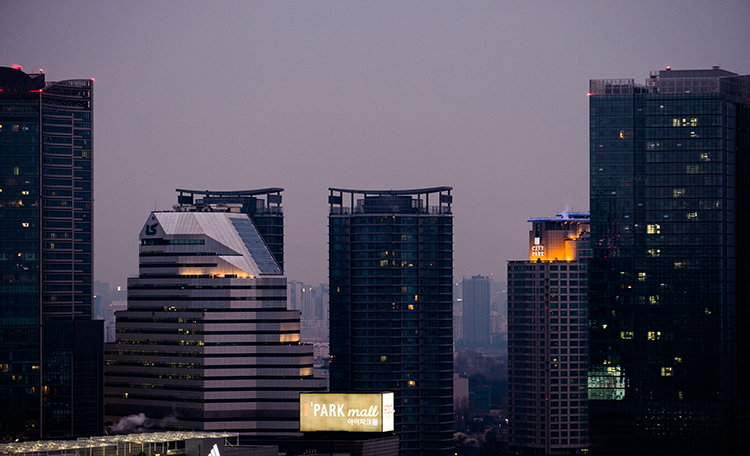Gwangju, Gyeonggi has gained popularity as a logistics hub due to its excellent accessibility to major urban areas like southeastern Seoul, Yongin, Suwon, Seongnam, and Hanam. Active developments of logistics complexes like Chowol, Docheok, Opo have been observed along key routes including the Central Expressway, National Route 45, and National Route 43. This has led to the formation of logistics clusters, with around 74% of logistics centers located in three areas: Chowol-eup, Docheok-myeon, and Munhyeong-dong.
To protect the quality of life for residents and prevent random development, Gwangju city has set strict urban planning regulations. These include securing a road width of 8m or more and maintaining the distance of 200 meter or more from residential homes and schools when developing large-scale warehouse facilities. Due to these requirements, new supply has been limited, and it's anticipated that future supply might focus on smaller and medium-sized centers.
E-commerce companies are the main tenants in logistics centers, occupying about 37% of the area in cases of 5,000 py or more. Other industries that occupy significant logistics space include parcel services, 3PL, and F&B sectors. Major E-commerce companies like Coupang and SSG.COM operate several fulfillment centers and delivery bases to ensure quick delivery. CJ Logistics' Gonjiam Mega Hub Terminal is a leading courier hub and 3PL companies like Samjin Cold Storage, HL Holdings, and Shinwoo Cold Storage are also distributed as logistics bases.
The domestic E-commerce market grew significantly between 2011 to 2021. However, the growth rate has slowed down since 2022, entering a low growth phase. The growth of online sales has decelerated after the Corona endemic, and offline sales have begun to recover.
The domestic E-commerce market, previously fragmented with various players, is now consolidated with Coupang, Naver, and SSG.COM+Gmarket holding a market share of 58% as of 2022. In this situation, E-commerce companies are focusing on improving profitability through logistics efficiency, marketing cost savings, and promoting new businesses.
As E-commerce companies shift their focus to profitability, the demand for urban logistics bases and large-scale centers on the outskirts is expected to increase. Gwangju, Gyeonggi, with its excellent urban accessibility, is well-positioned to meet the demand for urban logistics bases of E-commerce companies.
Logistics Tenant Profile # 14 Gyeonggi Gwangju – Urban Logistics Battle
Carter Kim • 25/03/2024
Related Insights

Article
Is Oversupply an Overstatement? Examining the Industrial Inventory in the Carolinas
This report examines the current state of the industrial inventory in the Carolinas, exploring whether oversupply is a concern for the region.
JP Price • 16/05/2023

Insights
2022 South Korea Market CRE Outlook Report
This report provides an outlook on the office and investment markets in Korea.
24/12/2021


